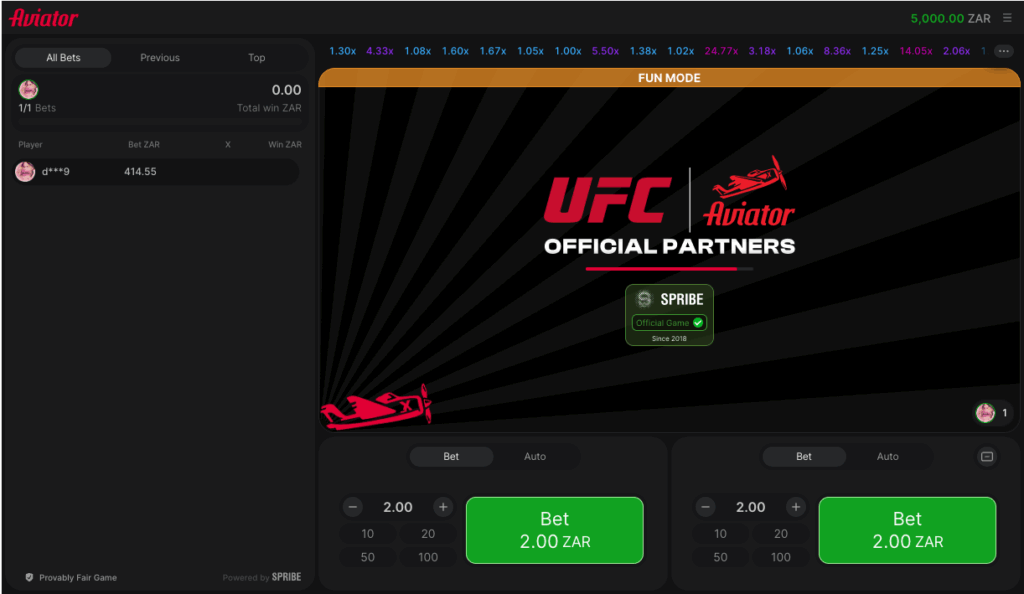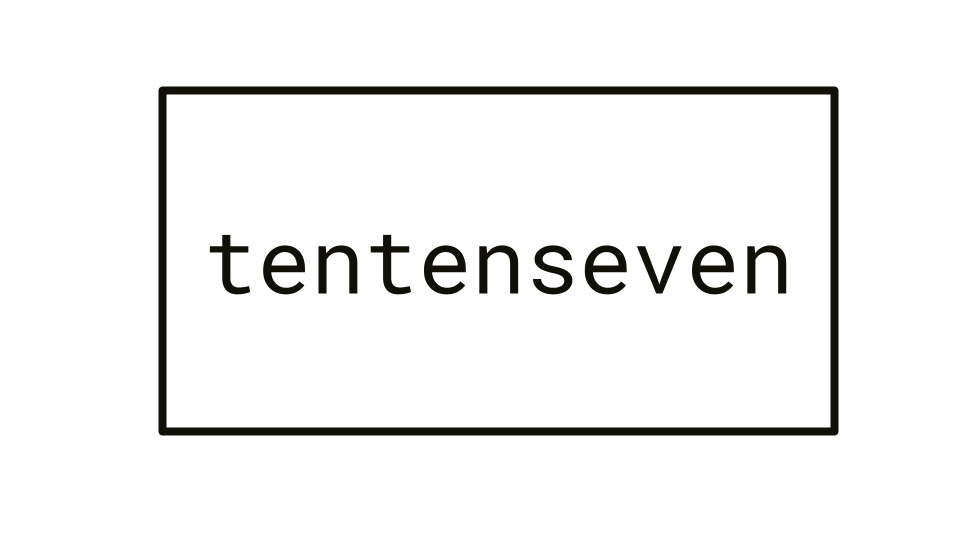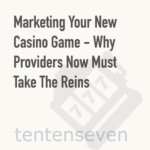The casino gaming industry is undergoing a major transformation in how games are developed, marketed, and monetised. Providers are moving away from costly licensed content and adopting a powerful new model: creating proprietary, branded games that drive demand and capture attention across channels. Successful examples like Aviator show how strong branding can turn games into cultural touchpoints, fueling massive player interest and making them must-haves for operators.
Why Game Providers Must Create Brands for Their New Games
The old model of licensing well-known intellectual property is becoming less viable. It involves high royalty fees and upfront costs while limiting creative freedom. In contrast, building original game brands offers better long-term returns and full control over the product’s identity, marketing, and future development.
By owning the IP, providers gain the ability to shape the entire narrative—from visual style to promotional strategy—and respond quickly to market shifts. Games like Aviator, which attract huge volumes of monthly players, highlight how proprietary branding can unlock massive reach and market dominance. These games become self-sustaining marketing assets that build communities and attract attention organically.
Aviator leverages it sponsorship of the UFC across all steps of the user journey.

Strategic Objectives of Game Branding
Increasing Game Search Volume
Branded games see far more direct search traffic than generic titles. When players actively search for a specific game by name, it signals higher intent and engagement, leading to stronger conversion rates. Over time, branded games benefit from growing recognition and loyalty, reducing acquisition costs for providers and operators alike.
Driving Customer and Affiliate Demand
Strong branding flips the traditional marketing dynamic. Instead of providers chasing operators, operators start competing to secure access to in-demand games. Affiliates also prefer branded titles because they convert better and retain players longer, making their marketing efforts more effective.
Creating Operator Launch Momentum
Branded games can serve as key differentiators when operators launch new platforms or enter new markets. A new release featuring a popular title can attract media coverage and player interest, offering cost-effective promotion while elevating the platform’s profile.
Enhancing Customer Acquisition for Operators
Branded games attract players who may not have otherwise discovered a platform. They act as entry points into a broader gaming experience, improving engagement and retention. Their shareable nature and social appeal amplify acquisition efforts far beyond traditional advertising.
Improving Customer Retention and Lifetime Value
Memorable, well-branded games foster loyalty and repeated engagement. Players return for the gameplay, the community, and the familiarity. Features like leaderboards and engagement on socials enhance the sense of belonging, further improving retention and increasing player lifetime value.
Creating Fear of Missing Out (FOMO)
One of the most powerful levers of branded games is the FOMO effect. Players do not want to miss out on exclusive titles, promotions, or social recognition.
When a casino does not offer a popular game, it risks being seen as outdated or incomplete, driving players elsewhere. Timed events and limited-access content can heighten this urgency and fuel ongoing engagement.
For casino games, the best way to do B2B is to do B2C first.
Marketing Channels for Branded Casino Games
Video on Demand (VoD) Advertising
VoD allows targeted messaging during high-engagement viewing experiences. Providers can highlight gameplay and excitement, building brand recognition in a format that favours visual storytelling. Regulatory considerations must be managed, but VoD offers strong reach among valuable audiences.
YouTube Marketing
YouTube is a cornerstone for casino game promotion. Both organic content and paid ads perform well, especially when working with content creators who authentically showcase gameplay. The platform’s targeting tools and community features help drive conversions and build long-term player relationships.
Native Advertising
By integrating game promotions into relevant editorial content, native advertising reduces ad fatigue and enhances engagement. Strategy guides, entertainment articles, and industry insights that subtly feature branded games tend to perform best, positioning the game as part of a broader narrative.
Social Media Marketing
Social platforms enable community building and real-time interaction. A mix of organic content and paid reach helps grow awareness and drive engagement. Successful social strategies emphasize fun, community, and responsible gaming while navigating platform-specific restrictions.
Public Relations (PR)
PR positions games within larger industry and cultural stories. Coverage of launches, tournaments, and partnerships can elevate a game’s reputation and credibility. Collaborations with media outlets and advocacy groups further extend the reach and legitimacy of branded games.
Influencer Marketing
Influencers help bridge the gap between providers and players by offering trusted, relatable insights. When done well, influencer partnerships drive awareness, educate audiences, and inspire action. Long-term collaborations are most effective, especially when influencers genuinely believe in the game.
Programmatic Advertising
Programmatic campaigns offer precision targeting and real-time optimisation. Providers can reach valuable player segments efficiently, maximising ad spend and adapting quickly to performance data. This automated approach ensures consistent reach and responsive marketing at scale.
Sponsorship
Sponsorship is another powerful way to boost brand awareness.
A standout example is Aviator’s partnership with the UFC, where the game’s logo is prominently displayed on the octagon and throughout event broadcasts.
When done right, smart, targeted sponsorships can be highly effective, especially for expanding B2B partnerships and leveraging affiliates from an operator’s perspective.
Conclusion: The Imperative of Game Brand Building
In today’s market, building strong game brands is not optional; it’s a strategic necessity. Licensing external IP is costly and creatively limiting, while proprietary branding delivers long-term value and competitive advantage. Titles like Aviator prove that brand-first development can unlock massive success.
Investing in game branding means reduced marketing costs (in the medium to long term), higher player retention, greater leverage with operators, and lasting IP value. Branded games also generate urgency and market demand, ensuring optimal placement and promotion across casino platforms.
The future of casino gaming belongs to those who understand branding as infrastructure, not just advertising. Game providers that embrace this shift will own the most valuable titles and command leading market positions. Those that don’t risk becoming replaceable in a rapidly evolving, brand-driven industry.
Contact Us
Book a call with us to discuss marketing your new casino game.






Leave a Reply